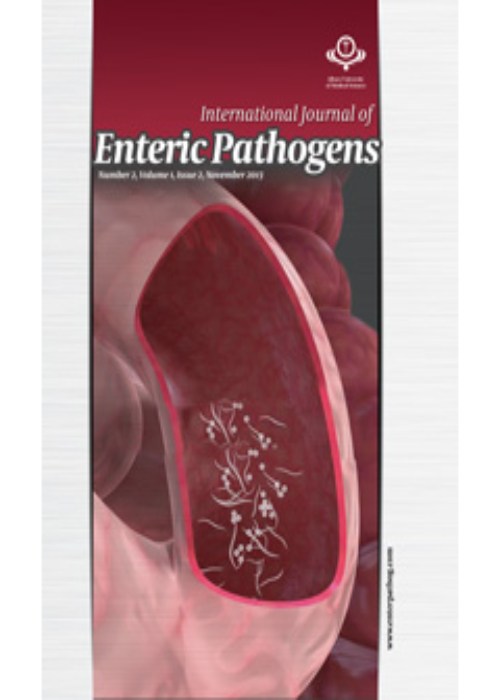Lead Poisoning in Opium Addicts in Shahid Rajaei Hospital of Karaj, Iran
Lead (Pb) is a heavy metal that can harm major organs in humans, and its high serum levels can cause poisoning. In Iran, one of the major causes of Pb poisoning is opium consumption because drug dealers combine opium with henna, a plant extract color; Pb is added to this plant for the fixation of its color. Considering that henna makes opium heavier, it costs more, and none of the users can differentiate opium from henna as their color is the same. According to the statistics of the Iranian Ministry of Health and Medical Education, 2.3% of people between the ages of 15 and 60 are drug addicted, of whom 69% to 94% have opiate addiction. Regarding these issues, it seems necessary to study the serum level of Pb in Iranian addicts.
The status of the serum Pb level and Pb poisoning symptoms among opium addicts was investigated in this study.
In this study, all addicted patients were selected based on their history of using opium who were referred to the emergency department of Shahid Rajaei Hospital in Karaj (Center of Alborz province in Iran) and were evaluated between March 2016 and September 2016. Blood samples were collected from patients to measure serum Pb levels with atomic absorption by a Perkin device (USA) and evaluate basophilic stippling of red blood cells (RBCs) in a peripheral blood smear under a light microscope. The clinical signs and symptoms of patients were evaluated in several fields. They included neurological problems (including headache, memory impairment, sensory impairment, muscle weakness, seizure, and decreased consciousness), gastrointestinal (GI) problems (including constipation, nausea and vomiting, abdominal colic pain, and anorexia), and general signs and symptoms (including myalgia, fatigue, and the presence of a Pb line on the gum).
During the study, 75 patients with opium addiction were enrolled, including 67 (89.3%) males and 8 (10.7%) females. The mean age of patients entering the study was 52 years. Of these patients, only one case (1.3%) used opium by inhalation, and the remaining 74 cases (98.7%) had oral addiction. The mean serum Pb level among these patients was 57.7 μg/dL (the lowest and highest levels were 0.2 and 193 μg/dL, respectively). Of these 75 patients, the serum level of 15 cases (20%) was less than 15 μg/dL, and that of 60 (80%) cases was greater than 15 μg/dL. Of all the patients, the one who had the highest serum levels of Pb (193 μg/dL) went through a seizure, lost consciousness, and died. In general, GI signs and symptoms were more common among patients than any other signs and symptoms.
The findings of this study could reveal the most common complications of Pb poisoning in addicted patients, but no relationship was found between rare complications and Pb poisoning level.
- حق عضویت دریافتی صرف حمایت از نشریات عضو و نگهداری، تکمیل و توسعه مگیران میشود.
- پرداخت حق اشتراک و دانلود مقالات اجازه بازنشر آن در سایر رسانههای چاپی و دیجیتال را به کاربر نمیدهد.


